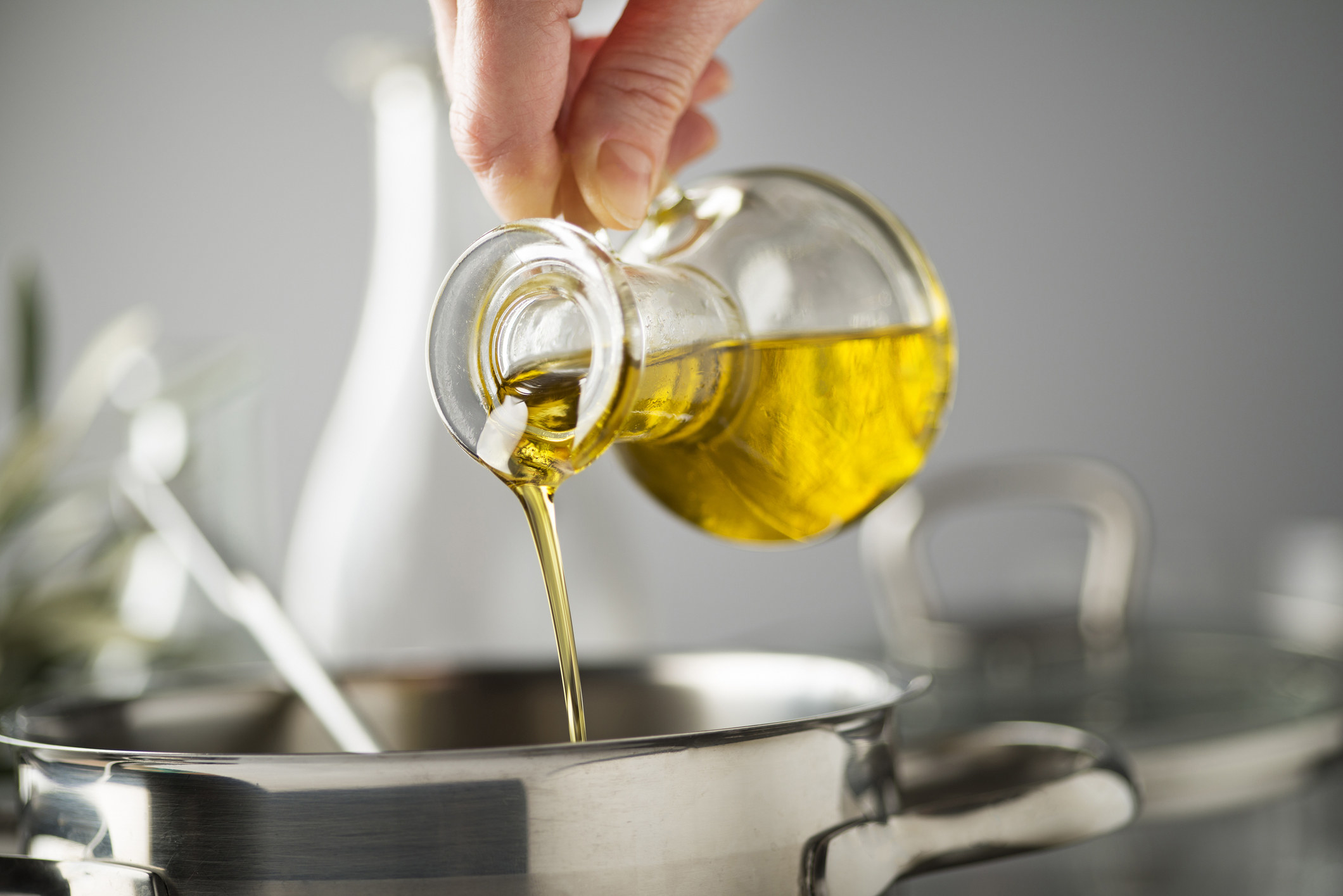No one likes wasting food or cash. Here are 17 helpful tips for storing all the ingredients in your kitchen so they will last as long as possible.
1. Store fresh herbs like mint, cilantro, and parsley in a glass with a few inches of water as if they were a bouquet of flowers.
2. Or, to preserve herbs even longer, freeze them in ice cube trays.
3. Same goes for tomato paste, pureed tomatoes, or even canned tomato sauce. Store the leftovers in ice cube trays or mason jars to prevent mold and extend their lifespan.
4. This one might be a shocker, but you can even freeze eggs for up to a year. The easiest way is to crack the eggs into — you guessed it — ice cube trays. You could also freeze the whites and yolks separately for more flexibility.
5. To keep produce like kale, berries, and cucumbers fresher for longer, store it in a produce-saving container like the one pictured here.
6. You can also prolong the lifespan of just about any produce — fruit or veggie — by freezing it at peak ripeness. Pro tip: If you like smoothies, freeze your favorite combinations of fruits and vegetables in little baggies. Then just toss them into the blender with milk or water and enjoy.
7. While you can't freeze whole avocados, you can freeze either halved, sliced, or mashed avocado.
8. While we're talking about produce, store apples away from other fruits. Apples emit ethylene, which causes other produce to ripen at a faster pace.
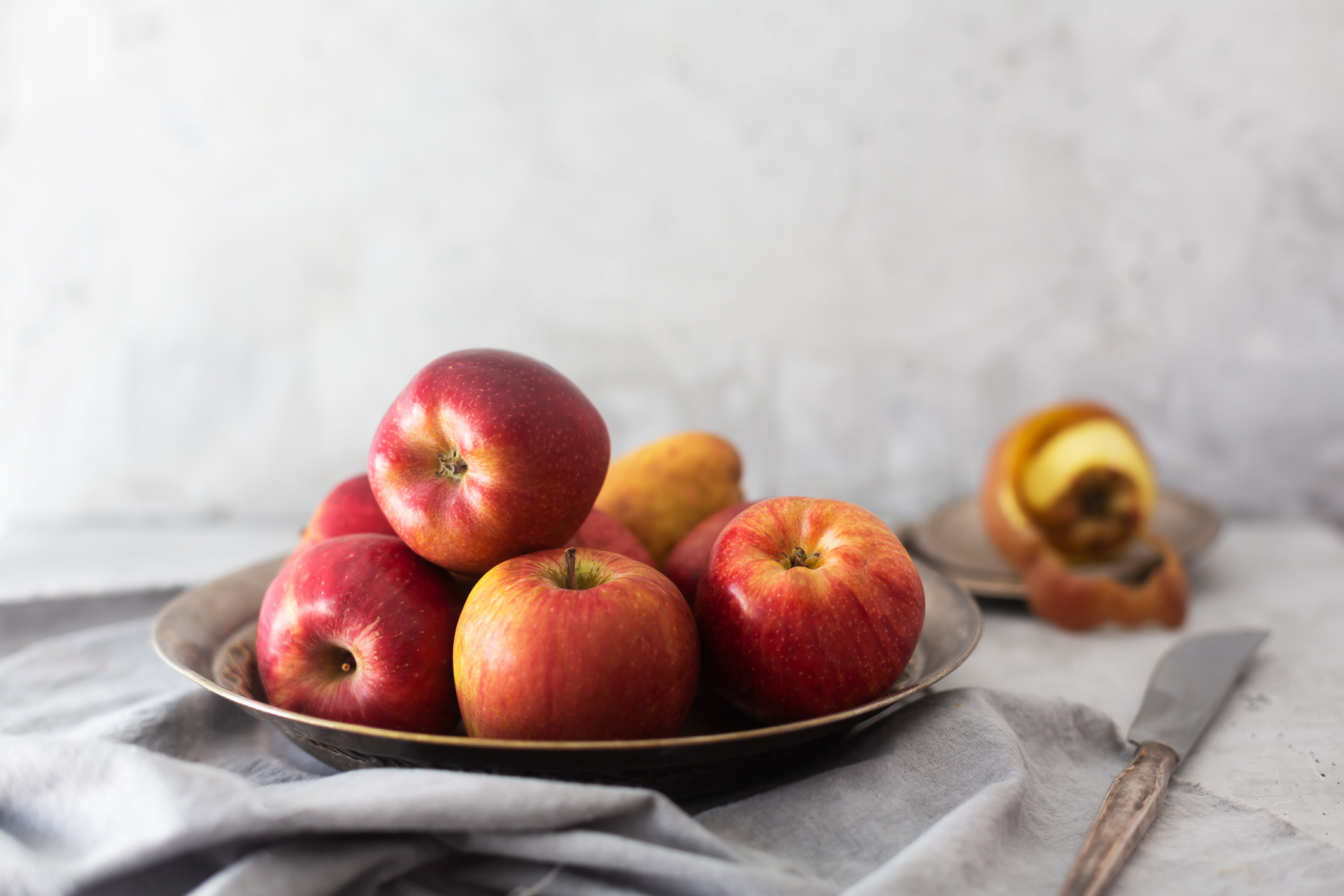
9. You can seriously extend the life of green onions by keeping them out on your countertop in a jar of water.
10. Keep fruits like mango, stone fruit, and avocado at room temperature until they are fully ripened. Then move them to the fridge.
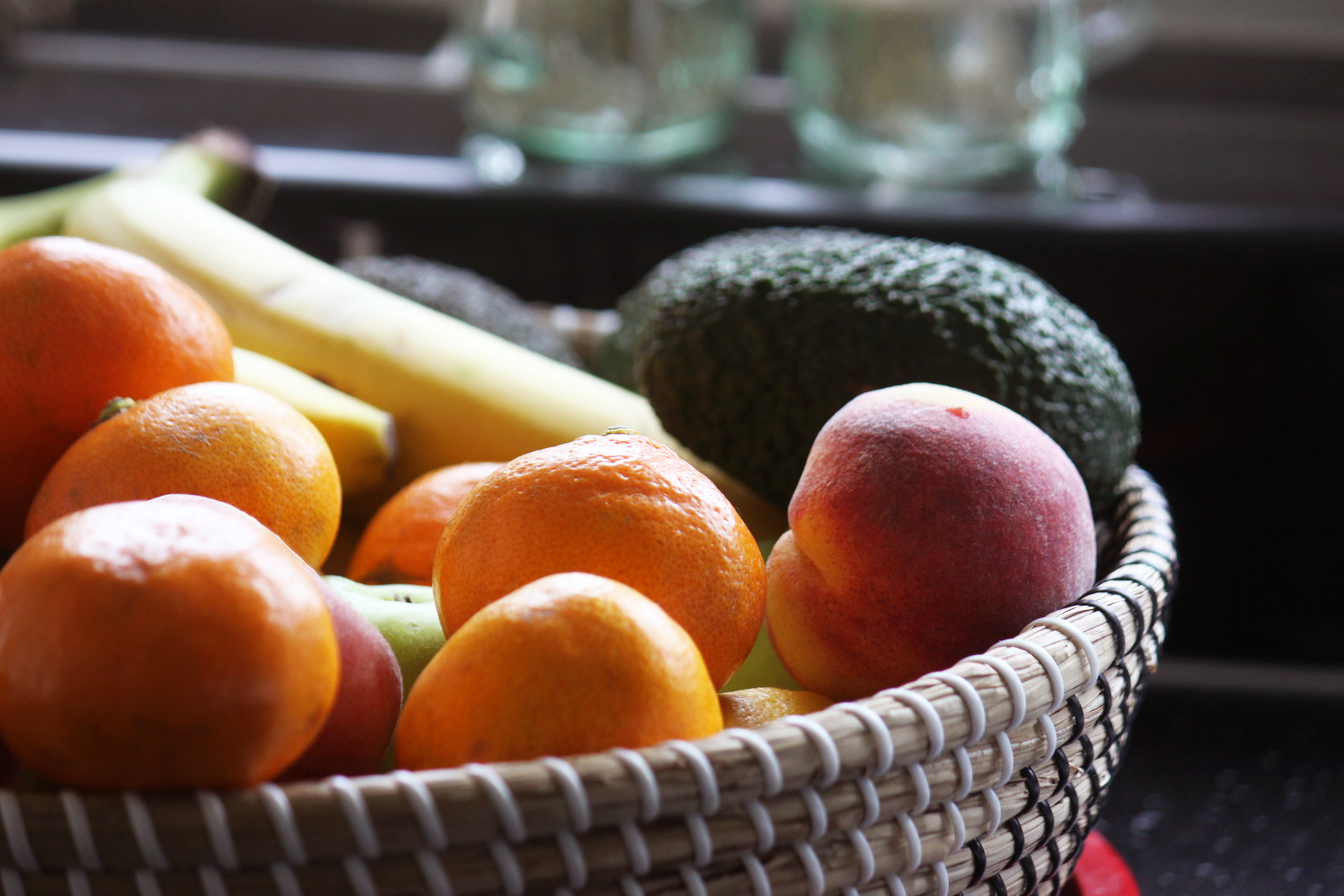
11. If you can never get through your milk before it expires, you can freeze that, too. Just keep in mind that milk expands when it is frozen, so pour out enough of the liquid to leave about 2 inches in the container to avoid a big mess in your freezer.
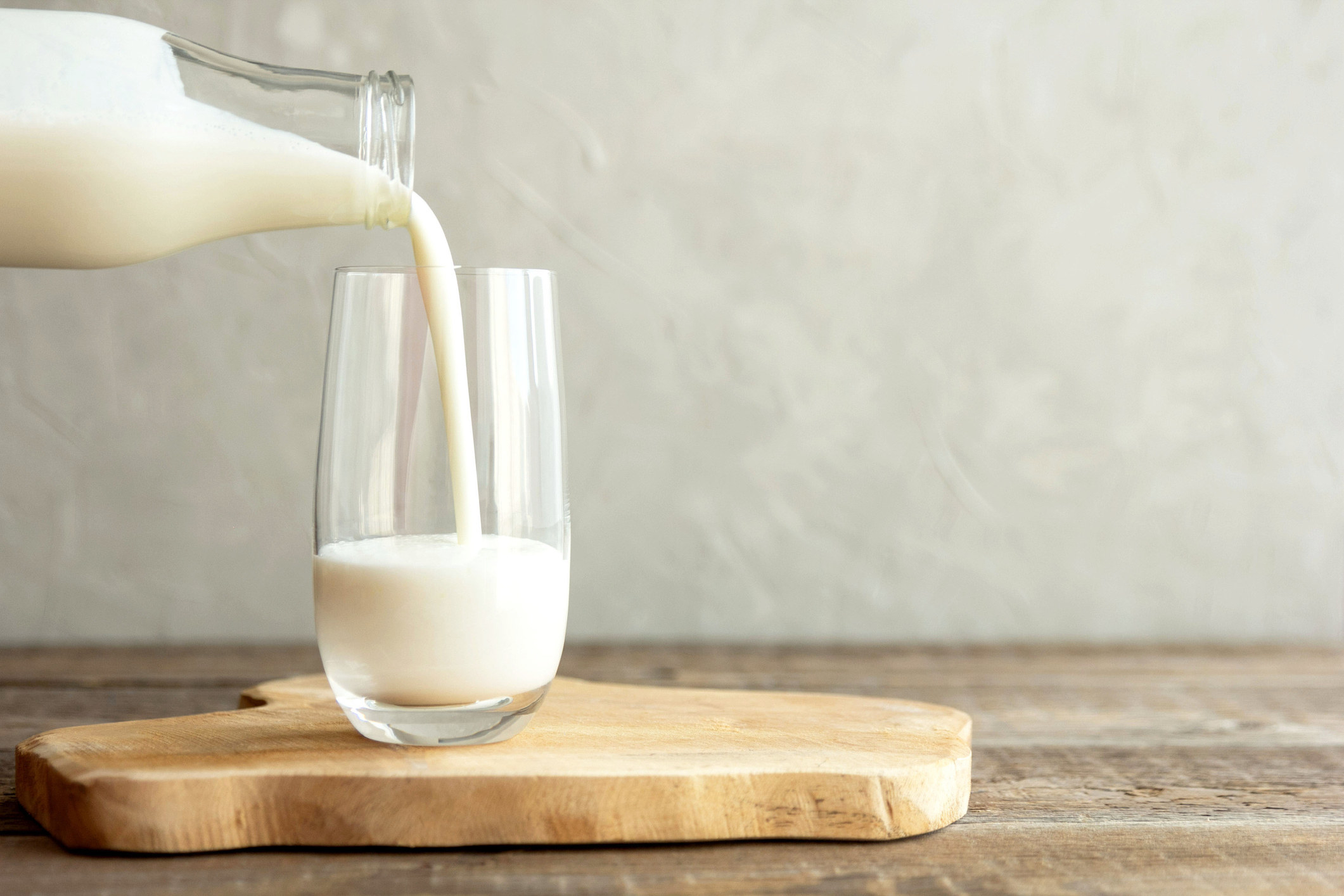
12. And this may seem obvious, but store dry foods like cereal, oats, pasta, and rice in airtight containers. Keeping out air ensures that these foods won't go stale.
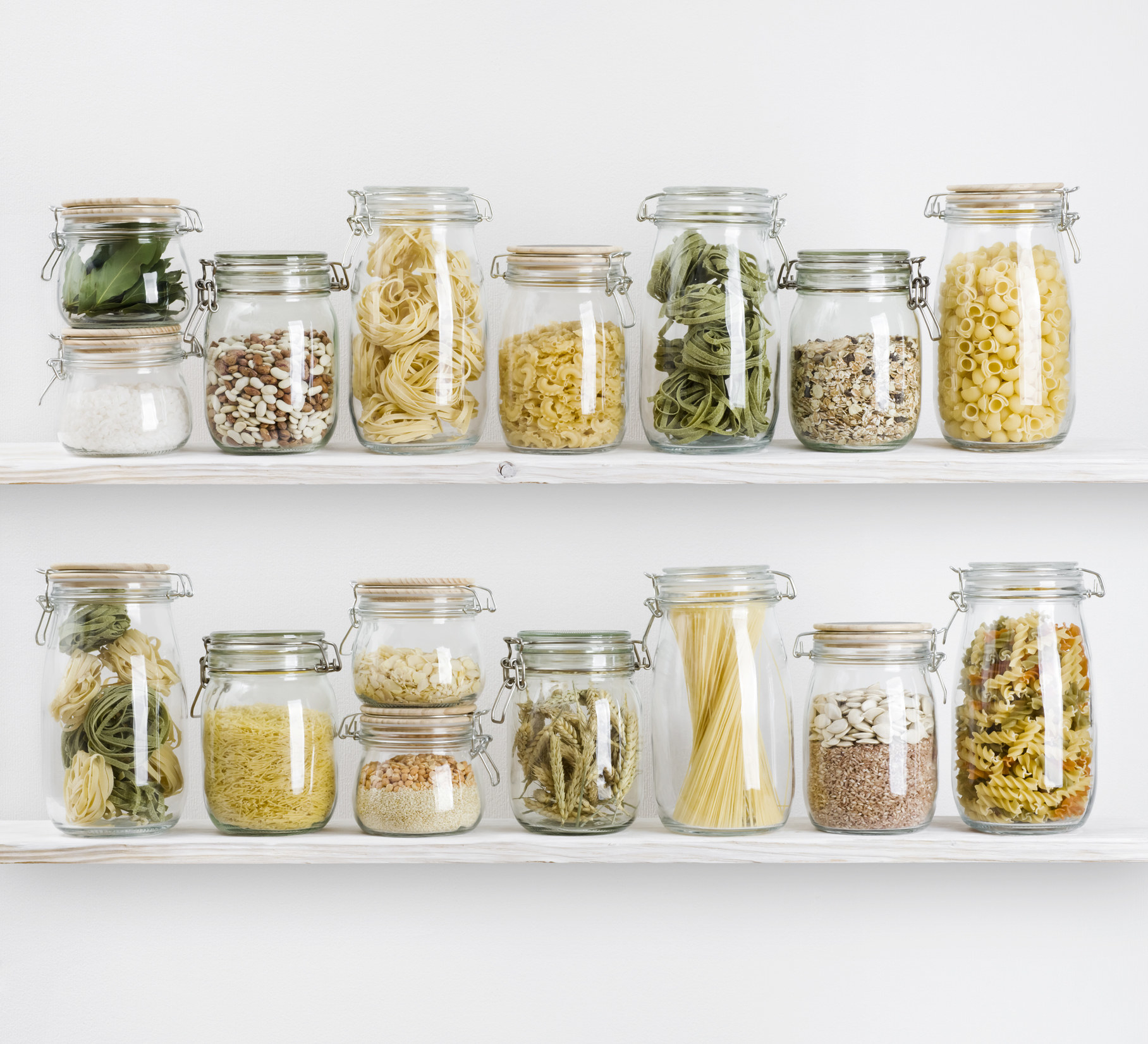
13. As for bread, you'll want to store it on your countertop or in a bread drawer. Keeping it in the fridge actually causes it to mold more quickly because of moisture.
14. You might think that nuts can be stored at room temperature indefinitely, but they should really only be in the pantry for three months. After that, keep them in the fridge for up to six months or in the freezer for a year or longer.
15. And as for nut butters, if you buy the natural kinds, you should keep those in the fridge. That way, they won't go rancid and you won't get the oil separation that occurs at room temperature.
16. As a rule, condiments should be stored in the fridge once opened. That goes for mayo, mustard, ketchup, hot sauce, Sriracha, maple syrup, and even soy sauce. They will stay fresher and better for longer than at room temperature.
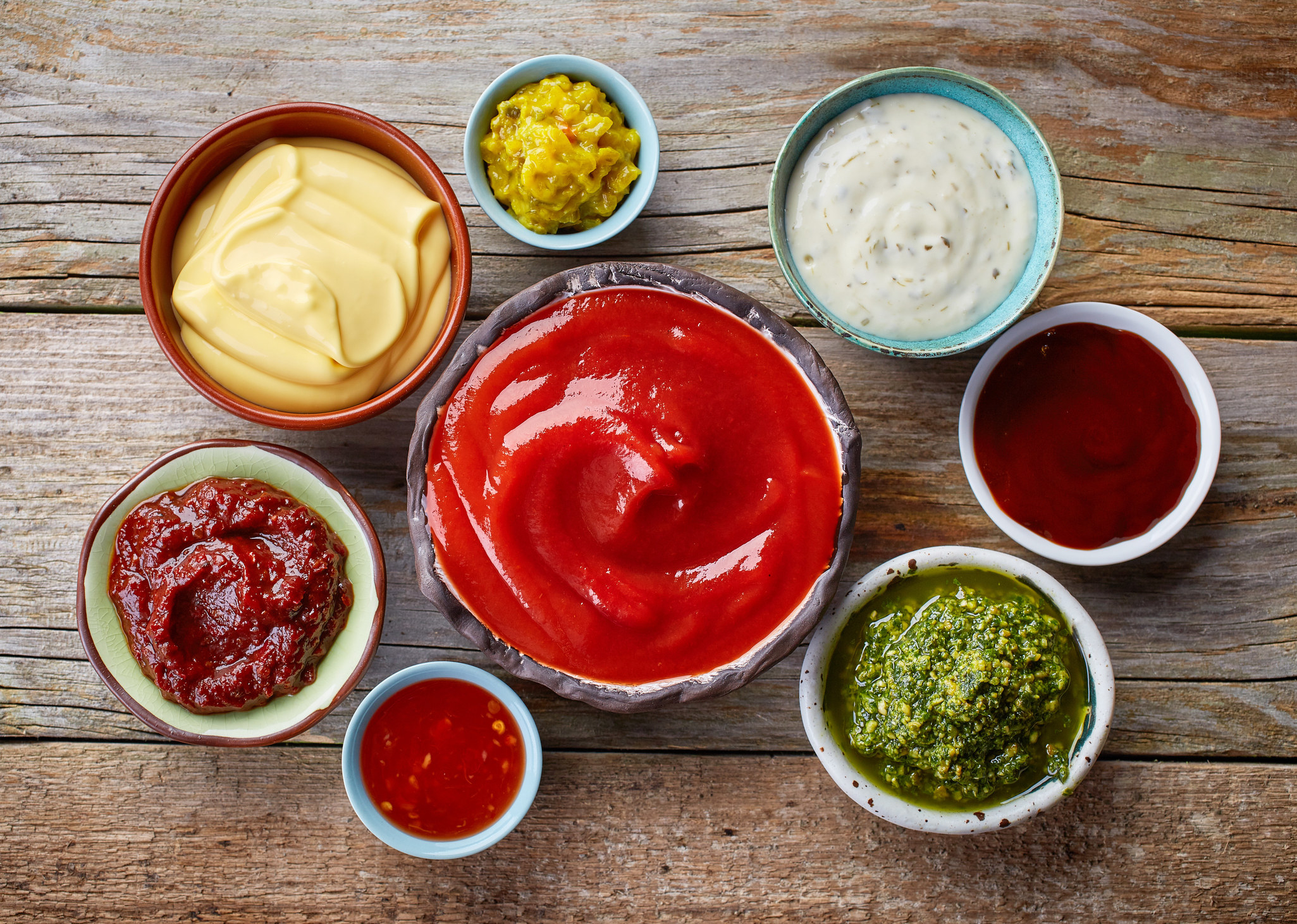
17. There's an exception, though: Olive oil is best kept in a dark place that isn't too hot (next to the stove) or too cool (in the refrigerator). A cupboard is your best bet.
